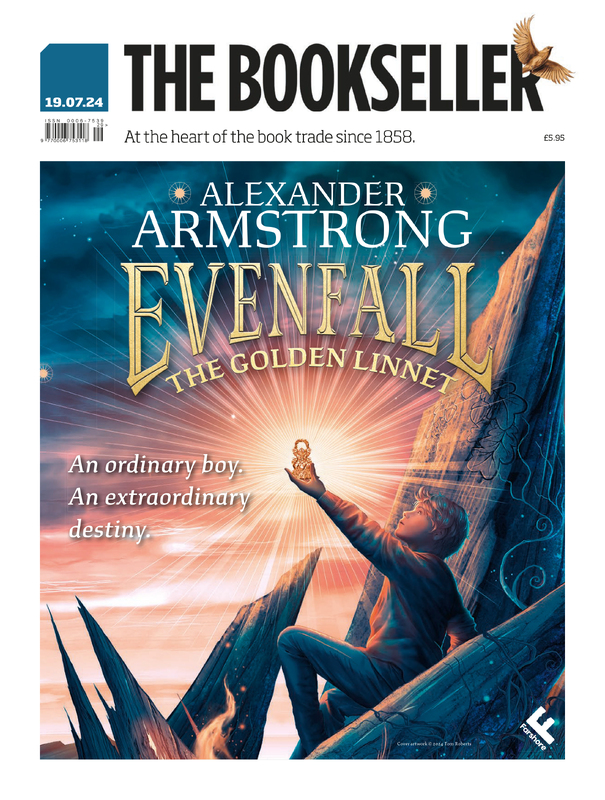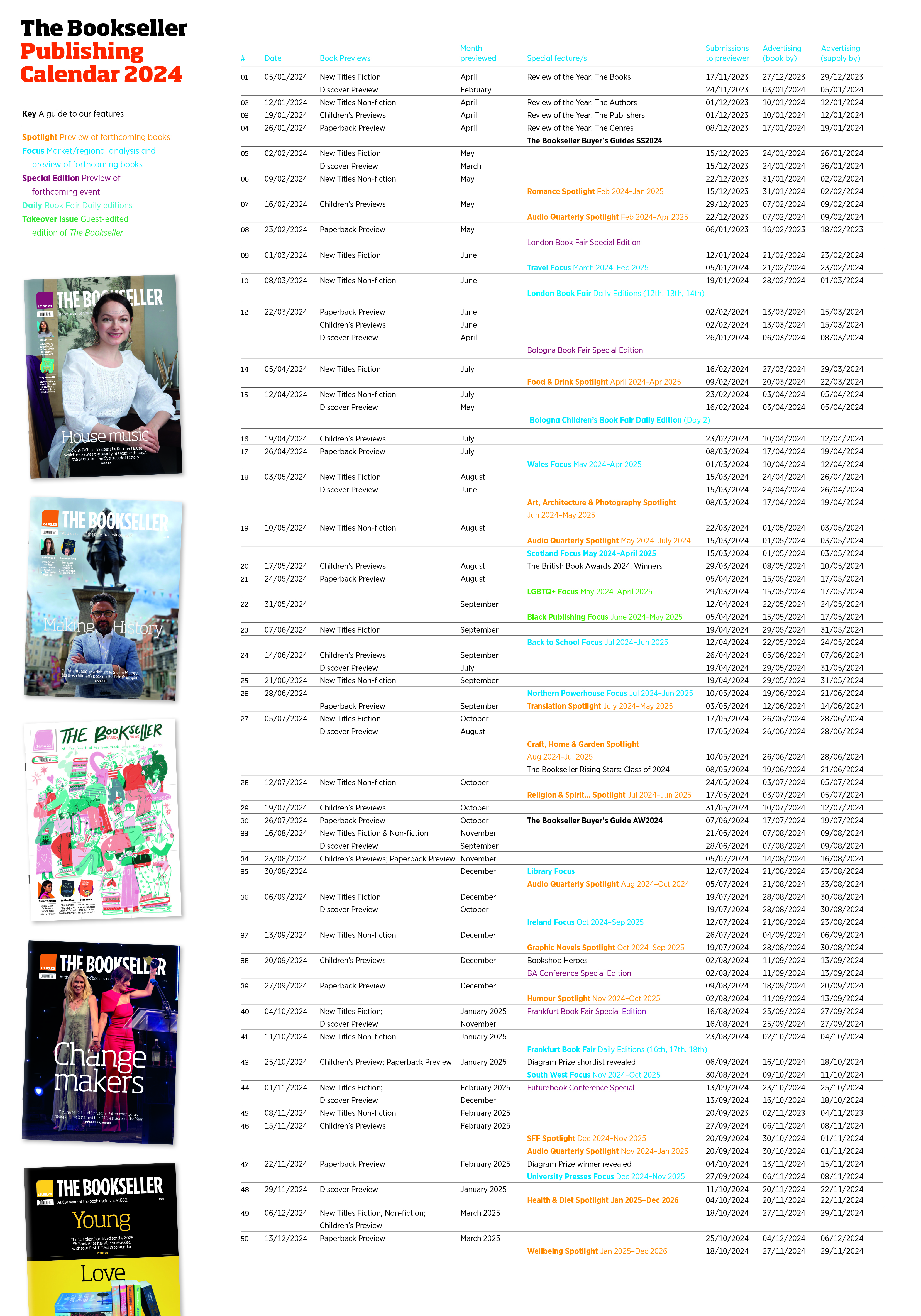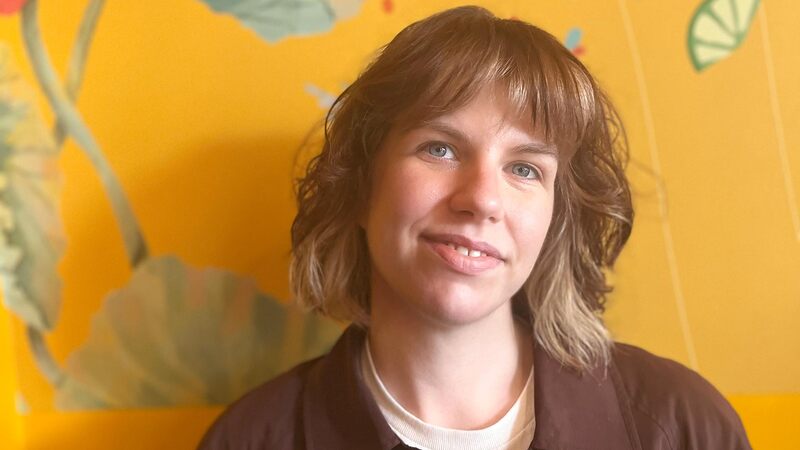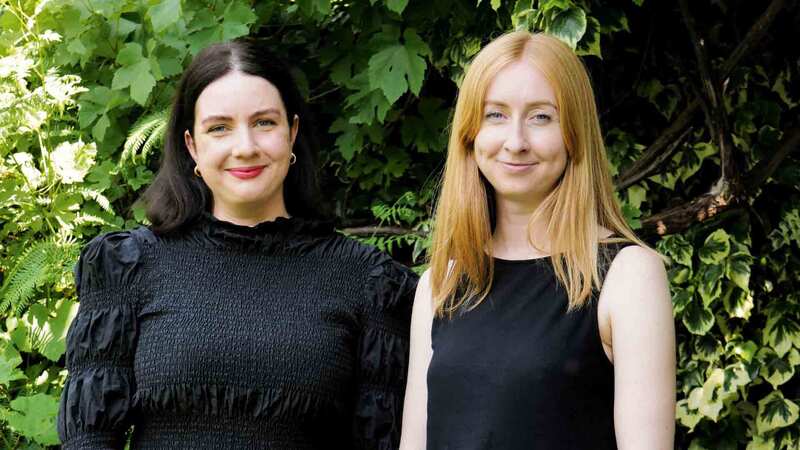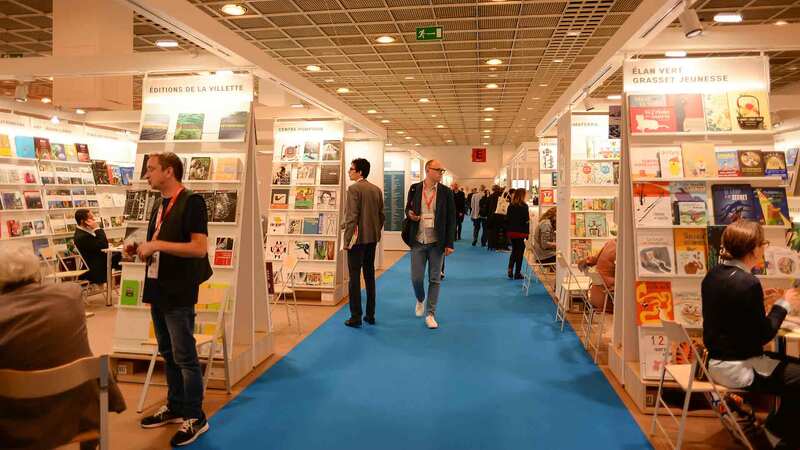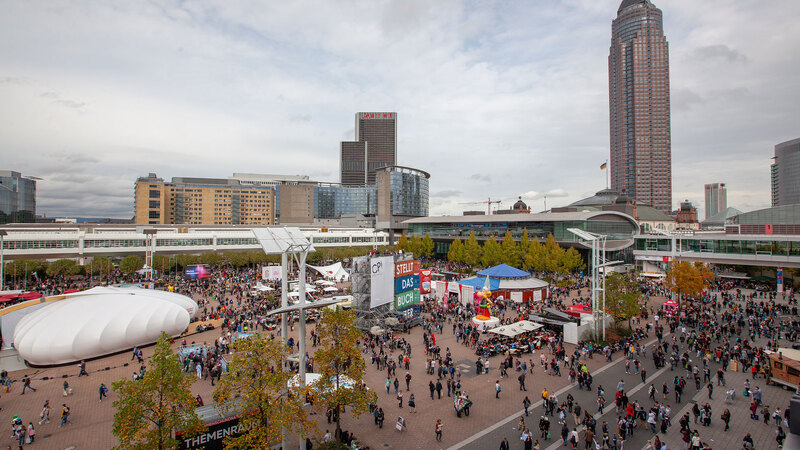You are viewing your 1 free article this month. Login to read more articles.
Best of the business
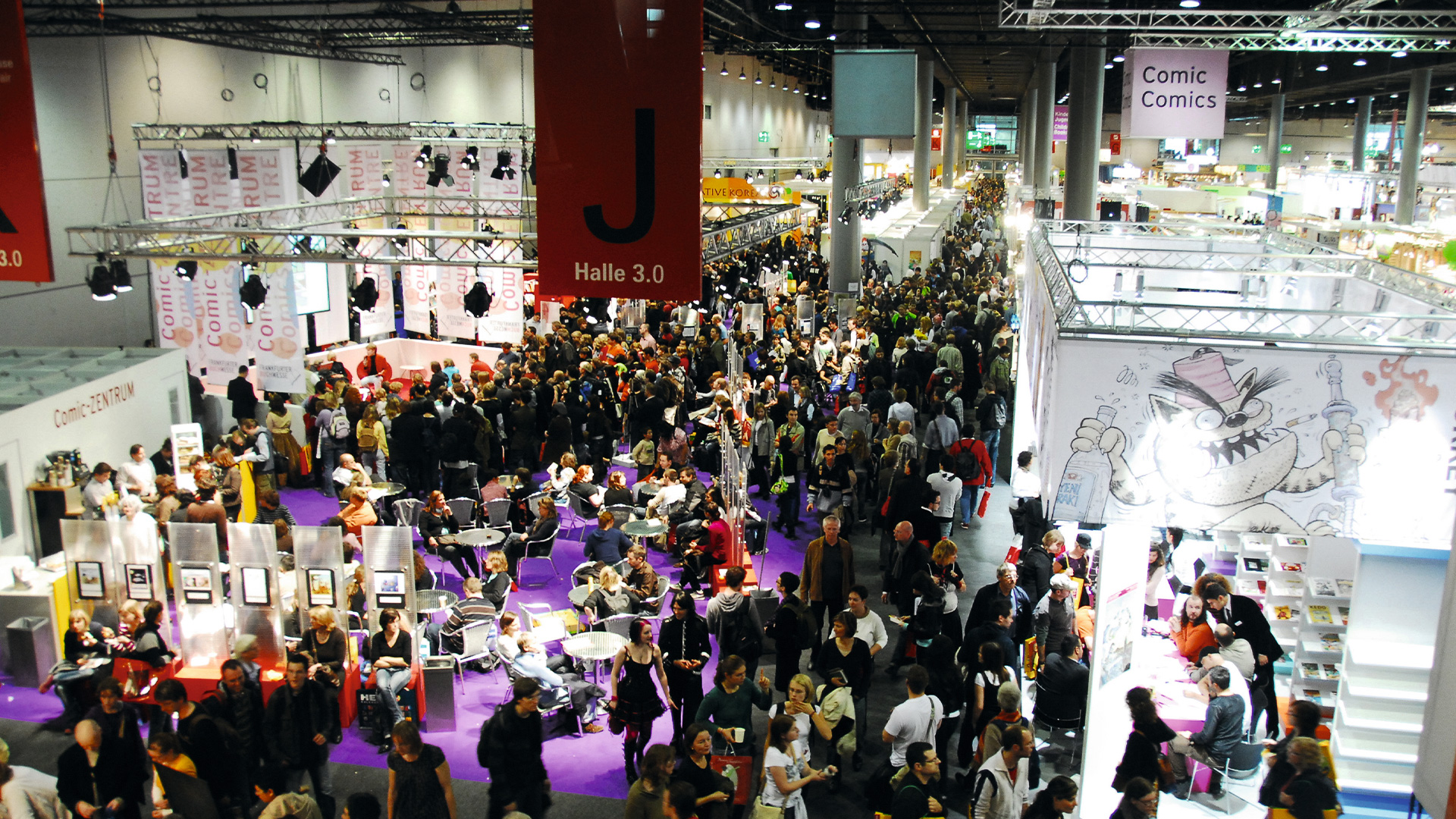
Last week, for online readers, I wrote about the Booker Prize’s radical new ceremony, and how it reflected a wider desire to signal change, even if the finer details were sometimes off. If you want to make a change, I said, you need to make one. I would not say the same about the Frankfurt Book Fair, which took place last week, and which, as far I could tell, was welcomed back as a sign that, after the hiatus of the two previous years, things might yet return to how they once were.
The broad numbers were positive. According to the fair’s organisers, more than 93,000 trade visitors attended this year, up from 36,000 in 2021, though total figures were still half those recorded in pre-pandemic 2019. Over 4,000 exhibitors from 95 countries were present. The Literary Agents’ Centre hosted 300 agents at more than 450 workplaces and was overbooked.
Frankfurt is now significantly smaller than it once was and, like London, continues to face multiple challenges around its formation and business strategy.
Overall, this chimed with how it felt on the ground. Sure, everyone noticed the empty spaces around some of the stands (particularly Penguin Random House) and the widened aisles, with the carpet not quite stretching to cover the gaps: some said activity was around 60% of pre-pandemic levels, which seemed a reasonable guesstimate. That said, a novice might not have noticed—the queues were back, good coffee elusive as ever, the bars rammed and the parties well-attended. And The Bookseller Dailies were jammed with rights deals—announced for maximum publicity, of course. Even those previously wary of the costs of such events seemed to have relaxed. Bonnier Books UK, which did not exhibit in London, was there, and will now return to London, too.
That said, Frankfurt is now significantly smaller than it once was and, like London, continues to face multiple challenges around its formation and business strategy. It is not for nothing that Bologna is pushing into the adult space. These big trade fairs need scale, and I’m not yet convinced any has figured out how to operate at the smaller size now required.
But that’s not our problem. At some point during the fair, I texted a friend to say that I now realised why we all get together, two, three or more times a year at such events. And btw, this was before I started drinking. I then realised that many others were having the same experience. To be back in the space surrounded by colleagues new and old was to be reminded about the best of this business, with conversations often built on friendships but with the expectation that we might one day create something remarkable together, perhaps like this year’s Booker winner, The Seven Moons of Maali Almeida, which cracked the Top 50 this week.
Publishing is not always a happy place these days, and I don’t wish to minimise that, or not to acknowledge the hurdles faced by many who feel on the outside, and I’m particularly interested to learn how events like Frankfurt, the Booker or the British Book Awards can become more accessible. My point though is this: when it happens, it still works.

